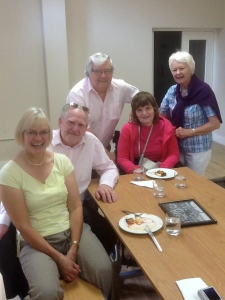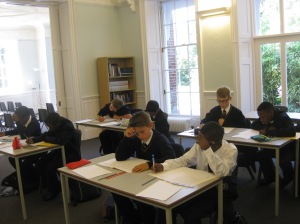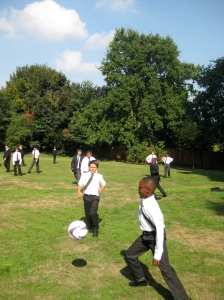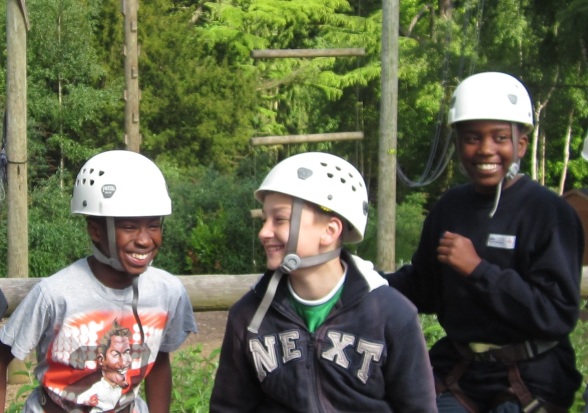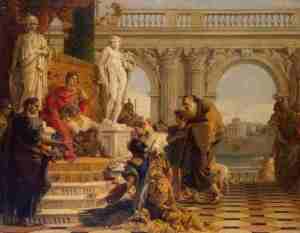Roy Peachey, Director of Learning, comments on the proposed new National Curriculum for History, without being drawn into any controversy of course…
There are few school subjects as controversial as History, as the discussion around Michael Gove’s proposed changes to the National Curriculum has again reminded us. In this post I don’t want to get too drawn into current wrangles but intend instead to step back, to gain some historical distance, in order to see how we might find a way forward.
One of the complaints levelled against the teaching of History in schools in recent years has been its over-reliance on certain eras (notably the Twentieth Century) and certain topics (especially Nazi Germany and Soviet Russia). There is now general agreement that we need something more, that schoolchildren need to study the broad sweep of history, that “a knowledge of Britain’s past, and our place in the world, helps us understand the challenges of our own time” as the draft Purpose of Study for the new National Curriculum for History puts it.

An over reliance on 20th Century history?
However, there is much less agreement about what this should mean in practice.
A historian who can help us here is Christopher Dawson, an Englishman who was a professor at Harvard University. Convinced that “one of the chief defects of modern education has been its failure to find an adequate method for the study of our own civilization”, Christopher Dawson wrote a series of fascinating books, including The Crisis of Western Education.
In it he argued that “the study of Christian culture … offers a new approach to the three great problems that confront Western education at our present time: first, how to maintain the tradition of liberal education against the growing pressure of scientific specialization and utilitarian vocationalism; secondly, how to retain the unity of Western culture against the dissolvent forces of nationalism and racialism; and thirdly, how to preserve the tradition of Christian culture in the age of secularism.”
This focus on Christian culture may require some explanation. Dawson believed that “single-minded study of the classics and classical world”, as Glenn W. Olson put it in a recent article in Logos, “had blinded people to the nature and significance of the Christian world that had grown up since antiquity. … Dawson thought it strange that sixteenth-century men should read so many pagan classics and, philosophy and theology aside, so little of the great Christian works that had subsequently appeared, especially works of the imagination like the Cid or Parzival that were built around the question of what it means to live the Christian life in the world.”
He believed, by contrast, that, whatever our own religious beliefs, we should be studying the growth and development of Christian culture (in its broadest sense) because it was Christianity which created and shaped the culture we still live in today.
Like C. S. Lewis among others, Dawson refused to accept the division of history into ancient, medieval and modern eras. The so-called Middle Ages were not an interlude between the glories of the ancient world and the glories of the (so-called) Renaissance. They were as worthy of study as any other. In fact, because this was the period that shaped the culture or civilization we have inherited, it was a time which should have received special attention.
It is certainly possible to argue that writing off this thousand years of history has been enormously damaging. Generations of schoolchildren have grown up assuming that there was little more to the period between 400 and 1500 than Anglo-Saxons, the Vikings, and a few nasty diseases.
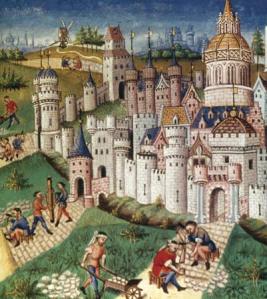
Neglected: the Middle Ages
Fortunately, other historians have taken up the argument where Dawson left off. Peter Brown, for instance, wrote in his classic book The World of Late Antiquity that: “we are increasingly aware of the astounding new beginnings associated with this period: we go to it to discover why Europe became Christian and why the Near East became Muslim; we have become extremely sensitive to the ‘contemporary’ quality of the new, abstract art of this age; the writings of men like Plotinus and Augustine surprise us, as we catch strains – as in some unaccustomed overture – of so much that a sensitive European has come to regard as most ‘modern’ and valuable in his own culture.”
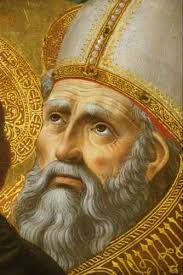
St Augustine
So where does that leave us?
It leaves us able to agree with many, though not perhaps all, of Michael Gove’s ideas. We certainly agree that “a high-quality history education equips pupils to think critically, weigh evidence, sift arguments, and develop perspective and judgement” and we also share the aims of the draft National Curriculum, that all pupils should:
know and understand the story of these islands;
know and understand British history as a coherent, chronological narrative;
know and understand the broad outlines of European and world history;
gain and deploy a historically-grounded understanding of abstract terms;
understand historical concepts such as continuity and change, cause and consequence, similarity, difference and significance, and use them to make connections, draw contrasts, analyse trends, frame historically-valid questions and create their own structured accounts, including written narratives and analyses;
understand how evidence is used rigorously to make historical claims, and discern how and why contrasting arguments and interpretations of the past have been constructed;
gain historical perspective by placing their growing knowledge into different contexts, understanding the connections between local, regional, national and international history; between cultural, economic, military, political, religious and social history; and between short- and long-term timescales.
But, put like that, it sounds rather dry. We see History as a subject that can inspire. As our Year 7 pupils explore the history of Britain from Roman times until the Norman Conquest in the context of European and, to a certain extent, world affairs, they will be undertaking a great journey of discovery that will help shape them for the rest of their lives.
The distinguished historian Christian Meier recently claimed that “we are experiencing more history and more historical change than almost any generation before us, and yet we take virtually no interest in it.” We are going to buck that trend.

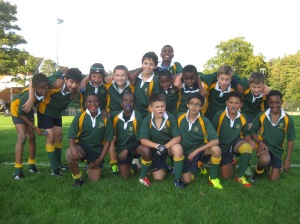
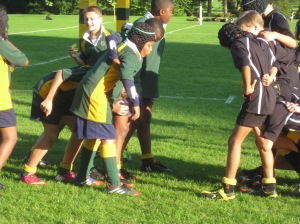
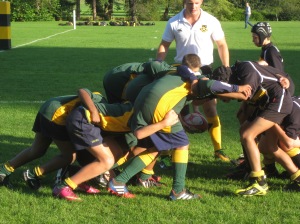
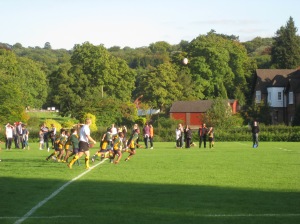

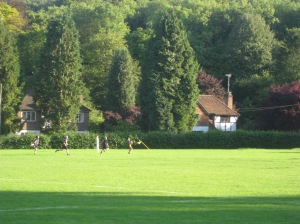
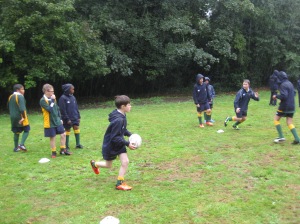

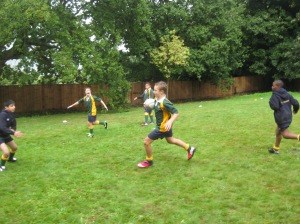
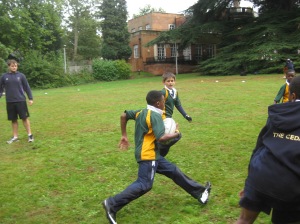
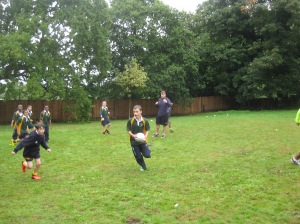
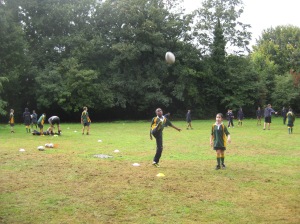
![IMG_3310[1]](https://thecedarsschool.files.wordpress.com/2013/09/img_33101.jpg?w=300&h=200)
![IMG_3316[1]](https://thecedarsschool.files.wordpress.com/2013/09/img_33161.jpg?w=300&h=200)
![IMG_3308[1]](https://thecedarsschool.files.wordpress.com/2013/09/img_33081.jpg?w=300&h=200)
![IMG_3318[1]](https://thecedarsschool.files.wordpress.com/2013/09/img_33181.jpg?w=300&h=200)
